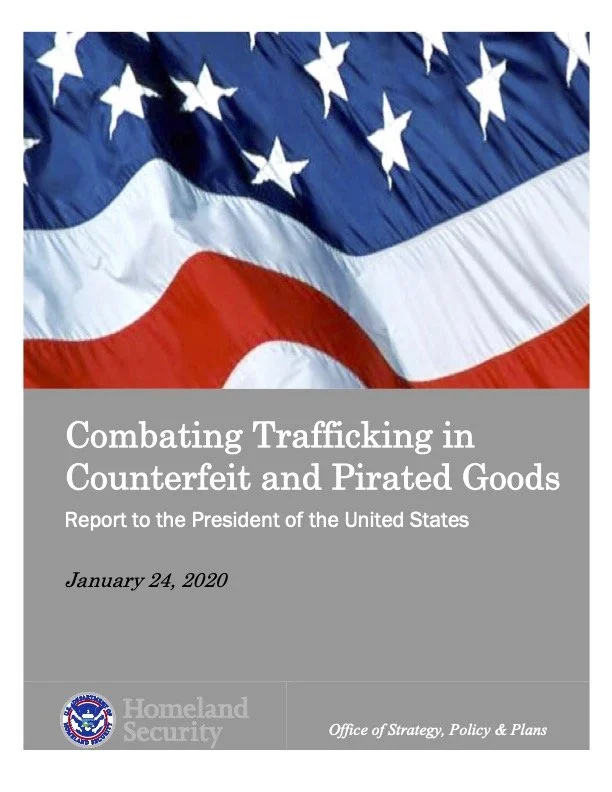By Valerie Gilbert Ulep, Monica Paula Lavares & Ariza Francisco
Illicit trade of tobacco negatively affects countries’ tobacco control efforts. It leads to lower tobacco prices and makes tobacco products more accessible to vulnerable populations. In this study, we constructed an illicit tobacco trade index, which measures the structural and institutional capabilities of 160 countries in addressing illicit tobacco trade. We collected the most recent and best available data on general governance, tobacco control policies, and trade and customs practices. Singapore, New Zealand, Finland and Sweden lead countries with the most favorable illicit tobacco trade score. We observed a positive relationship between illicit tobacco trade scores and Gross National Income (GNI) per capita and a negative relationship with the share of illicit tobacco trade to total tobacco consumption. The capability to combat illicit trade varies across countries. However, on average, low and middle-income countries (LMICs) are less capable of addressing illicit tobacco trade as suggested by the lower illicit tobacco trade index score. The lower index score in low and middle-income countries was mainly driven by low scores in tobacco control policies and trade and customs practices and conditions. Our study reinforces the importance for LMICs to adopt the WHO’s Protocol to Eliminate Illicit Tobacco Trade Products, particularly committing to treaty obligations and investing on track and trace system and other customs reforms.
Phillipines: Globalization and Health, 2021, 8p.



